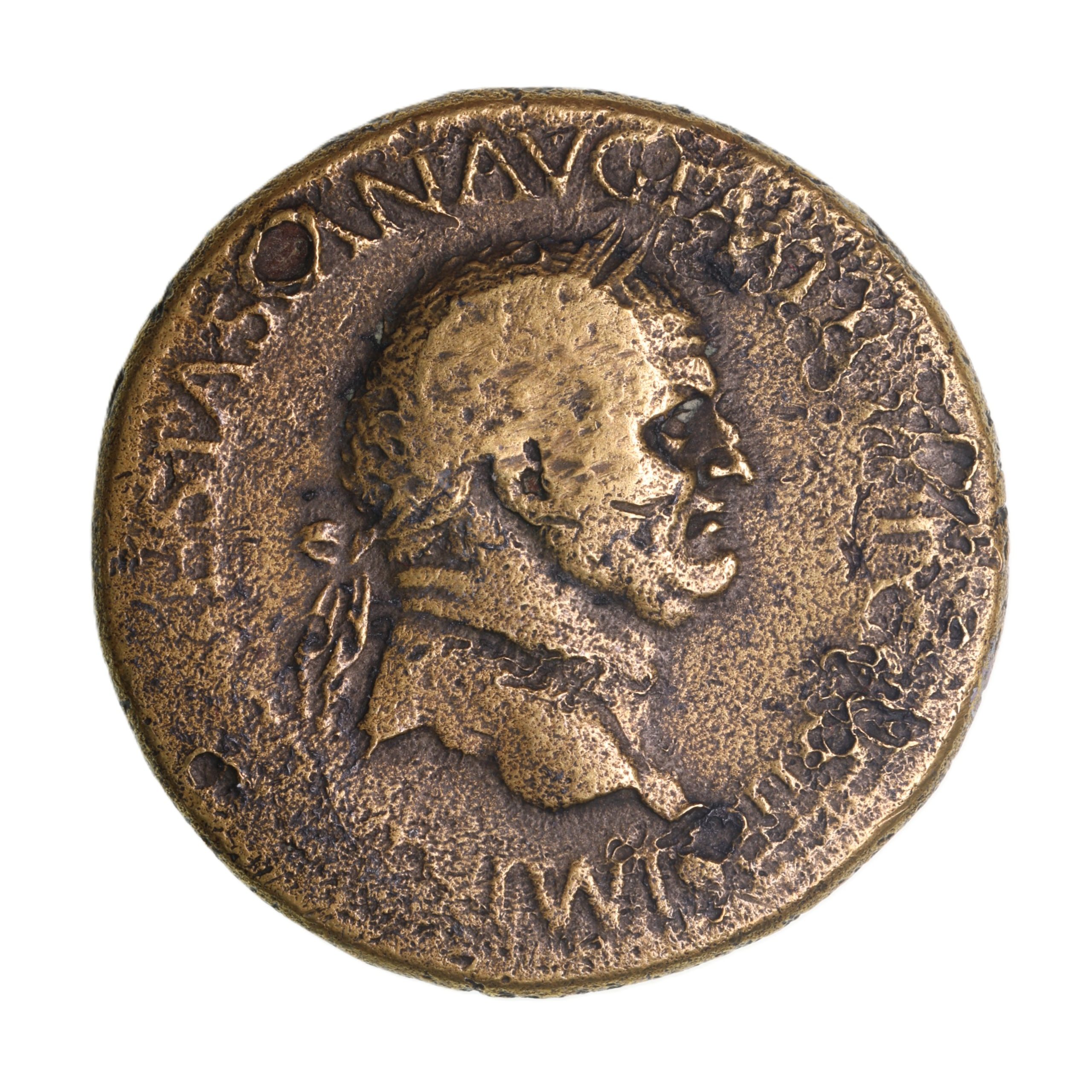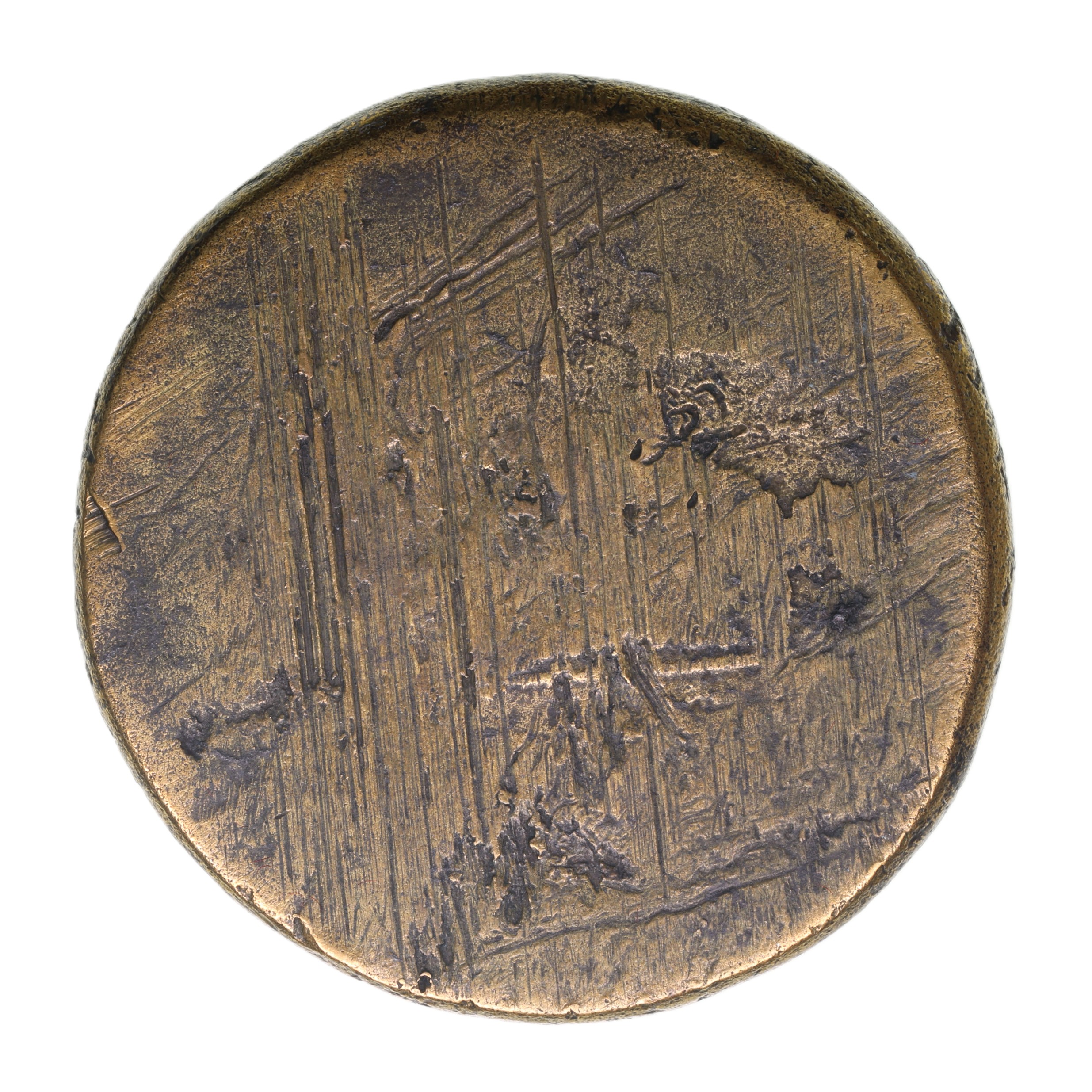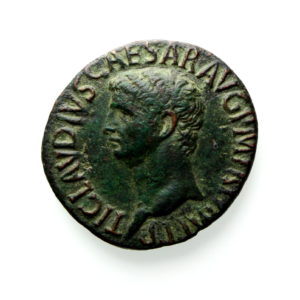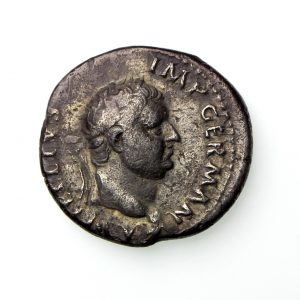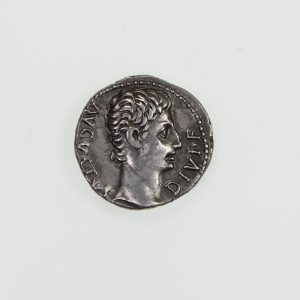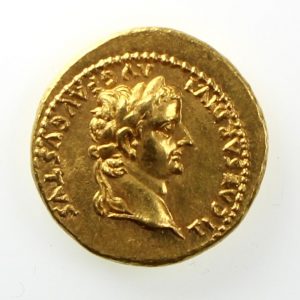Vespasian AD 69-79 Brass Sestertius Rome
£125.00
Vespasian AD 69-79 Brass Sestertius
Annona seated left
The Twelve Caesars
Rome
RCV2320; 33mm, 24.25g
This coins comes with a previous handwritten label and interesting provenance (see below)
Notes regarding the provenance for this Vespasian sestertius
I am the current owner of the above coin, which has an interesting provenance.
My name is Dave Horne and I was born on the Wirral in 1946. When I was about six or seven years old I started to collect foreign coins (some of my friends collected stamps, but they didn’t interest me at all, I loved coins).
My family (my parents, sister, and I) were living in a “Prefab” in 3rd Avenue, Abbots Grange, Bebington in the early 1950’s. (Prefabs were much needed emergency temporary housing after the war). Living almost opposite to us at No.1 was the Beech family – father Harold Frederick Beech (born 1919), his wife Eileen and daughter Margaret.
On the 1939 Register Harold Beech had been single and living with his parents in Rock Ferry near Birkenhead. He was 19 years old and employed as a Shipyard Welder.
In about 1953/54 Harold was doing some welding repairs on a Dredger (probably a Hopper Dredger) that had been removing silt and mud from the River Dee off the Wirral Coast. He found the coin wedged in a crevice on the ship, with the obverse protected but the reverse had been exposed to the sand, silt and grit that was being sucked up from the river bed, hence the reverse of the coin has more or less disappeared.
Knowing that I was very interested in coins Mr. Beech gave me the coin, a very generous gesture that I have never forgotten. So I owned the coin for about 70 years!
Harold Beech died on the Wirral in 1992 aged 72.
Son of a middle-class tax collector Vespasian entered the military where he had a successful career. As commander of Legion II he played an important part in the invasion of Britain in AD 43. He is created with capturing forts at Hod Hill and Maiden Castle as well as the Isle of Wight. Retired by the time of the Jewish uprising Nero instructed him to quell the revolt and appointed him as supreme commander in the East. With help from his eldest son Titus he was successful. Meanwhile Nero had committed suicide and the empire had plunged into civil war. After three emperors had been proclaimed in quick succession Vespasian decided to make his own bid and was proclaimed emperor by his own troops in AD 69.
Returning to Rome his authority was established following the demise of Vitellius and the advance of armies who were loyal to his cause. Establishing the Flavian dynasty Vespasian marked the return of strong government with discipline being restored to the armies. Upon the return of Titus in AD 70 Vespasian enjoyed a magnificent triumph with his son who he created a full partner in the government of the empire.
Vespasian’s simple lifestyle and industry soon made him popular after the excess of previous years. When Vespasian died in AD 79 he was deified and there was genuine sorrow. His final words are alleged to have been I think I am becoming a god.
Vespasian’s reign saw the opening of many provincial mints especially in the east.
Out of stock

